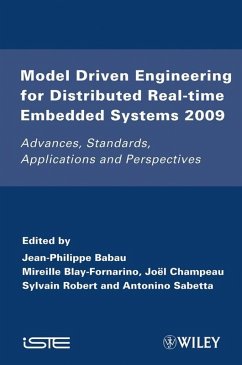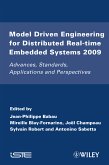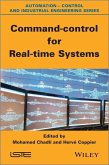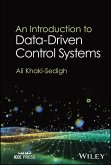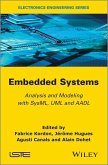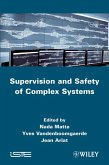Model-based development methods, and supporting technologies, can provide the techniques and tools needed to address the dilemma between reducing system development costs and time, and developing increasingly complex systems. This book provides the information needed to understand and apply model-drive engineering (MDE) and model-drive architecture (MDA) approaches to the development of embedded systems. Chapters, written by experts from academia and industry, cover topics relating to MDE practices and methods, as well as emerging MDE technologies. Much of the writing is based on the presentations given at the Summer School "MDE for Embedded Systems" held at Brest, France, in September 2004.
Dieser Download kann aus rechtlichen Gründen nur mit Rechnungsadresse in A, B, BG, CY, CZ, D, DK, EW, E, FIN, F, GR, HR, H, IRL, I, LT, L, LR, M, NL, PL, P, R, S, SLO, SK ausgeliefert werden.

